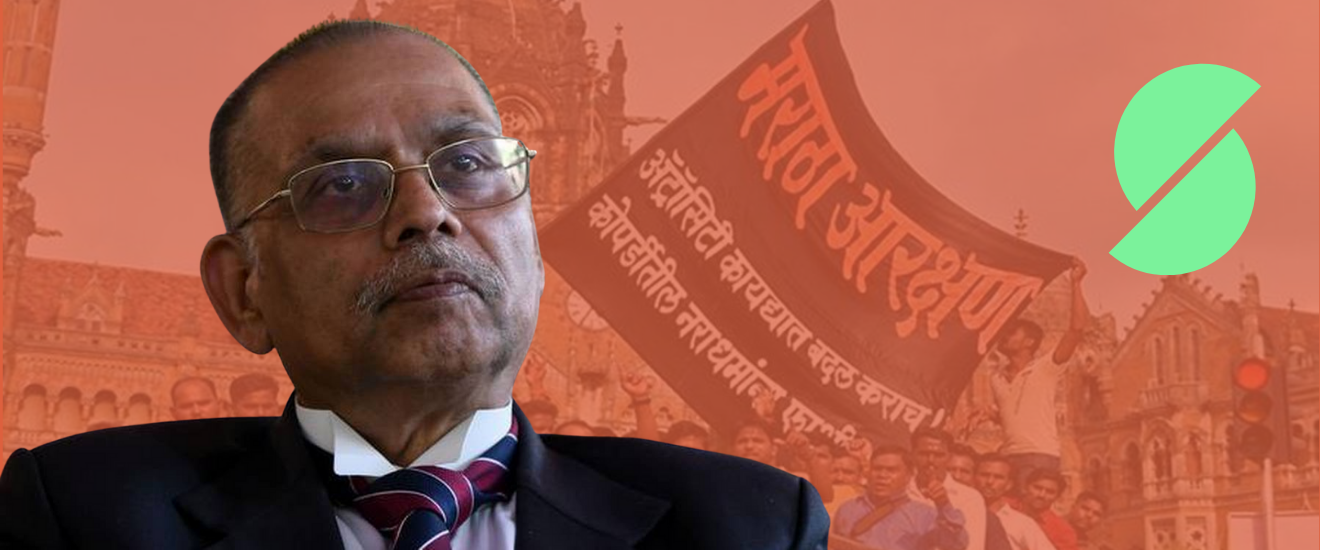Analysis
Bhushan J’s Impact: The 50% Limit on Reservations, EWS and NEET
How will Bhushan J's Maratha Reservation opinion upholding the 50% limit on reservations impact ongoing cases?

Towards the end of his tenure, Justice Ashok Bhushan wrote the leading opinion in the landmark Maratha Reservations Case. His opinion is likely to have a lasting impact on questions of affirmative action including reservations in education and public employment.
In this post, we discuss how Bhushan J’s legacy will impact ongoing challenges to the Union’s reservation policies.
Heading the five-judge Bench in Jaishri Laxmanrao Patil v Chief Minister, Maharasthra (2021), Bhushan J delivered the judgment on behalf of himself and Nazeer J. The Court was considering the constitutional validity of reservations for the Maratha community in higher education and public employment. With these reservations, more than 50% of the available seats in Maharashtra were now reserved.
Bhushan J, writing for the entire Bench on this issue, noted that a clear majority of the Indra Sawhney bench had held that reservation must be limited to 50%. And that this limit can only be breached in ‘exceptional circumstances’. He held that there was no compelling reason to reconsider the 50% limit.
Bhushan J stated that the 50% limit ensures a reasonable balance. He said if the limit is exceeded, society would not be based on equality, but ‘caste rule’. Bhushan J also stated that the 50% limit was consistent with Dr. Ambedkar’s speech in the Constituent Assembly in which he argued that reservation should be limited to a ‘minority of seats’.
Bhushan J’s judgment is being invoked in two important cases currently being heard at the Supreme Court. One argues that the Union’s EWS reservation scheme is invalid, as it provides 10% reservation to Economically Weaker Section candidates above the 50% limit. The other argues that the Union’s AIQ scheme for medical education is unconstitutional as it provides reservation above the 50% limit to people with disabilities, EWS and OBC candidates in postgraduate medical programmes.
Petitioners in both cases argue that reservation beyond 50% is unequal, and unfair towards general category candidates. The Court will likely engage with Bhushan J’s opinion in the Maratha Case while deciding these challenges.
